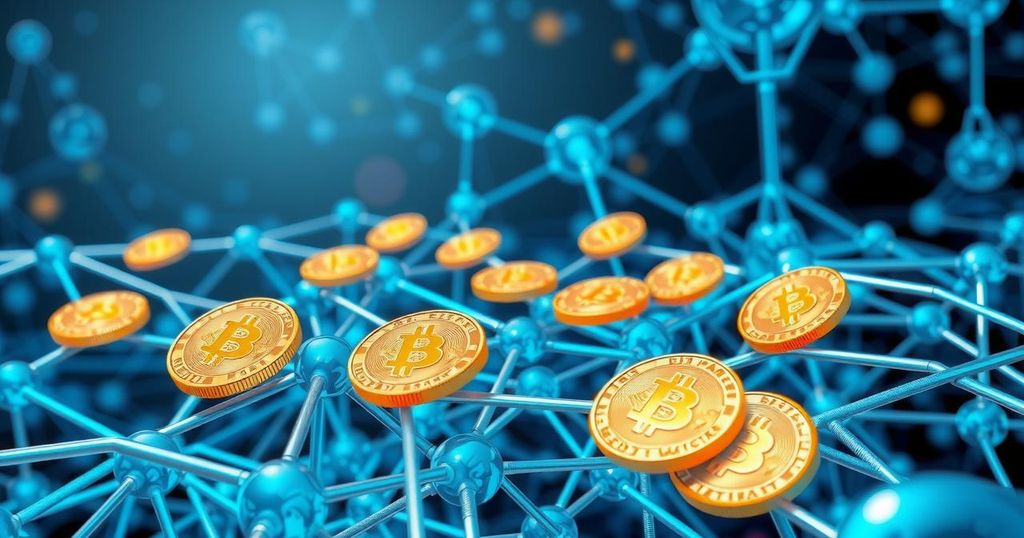Coinone Wins Court Battle Over Doubling Bitcoin Withdrawals
Coinone, a well-known South Korean cryptocurrency exchange, has emerged victorious in a legal battle over Bitcoin double withdrawals. This case highlights the complexities of network accountability during turmoil.
Coinone Prevails in Significant Bitcoin Withdrawal Case
Coinone, a prominent South Korean cryptocurrency exchange, has successfully won a significant court case that revolves around the controversial double withdrawals of Bitcoin during a network congestion crisis in late 2017 and early 2018. The Seoul Western District Court ruled in favour of Coinone, determining that the exchange was not at fault for customers benefitting from what the court deemed “unjust enrichment.” This ruling allows Coinone to reclaim Bitcoin withdrawn improperly due to a software error that misinterpreted network slowdowns as failed transactions.
Defining the Role of Network Congestion
At the heart of the case were five customers who had withdrawn their Bitcoin in a chaotic environment where the network was heavily congested. In simple terms, Coinone’s automated systems flagged legitimate delays in Bitcoin confirmations as transaction failures. As a result, these systems erroneously topped up users’ accounts, allowing them to withdraw the same cryptocurrency twice. This incident highlighted systemic flaws not just within the exchange but also the broader Bitcoin network during that turbulent period.
The Bitcoin Surge and Its Impact
The timing of the incident coincided with record-high transaction fees on the Bitcoin network, which reached an astounding average of $55. This spike contributed to a backlog of around 250,000 unconfirmed transactions in the memory pool, exacerbating the issues and confusion users experienced when trying to make withdrawals. Coinone’s software mismanagement during this time has raised serious questions about operational protocols for cryptocurrency exchanges, especially in high-stress situations like network congestion.
The Shift in Legal Responsibility
Initially, a lower court had attributed some blame to Coinone for the failures, ordering only partial damages to be paid to the affected users. However, on appeal, judges shifted the accountability, clarifying that the delays were external factors beyond Coinone’s control. They highlighted that the exchange had effectively completed the first withdrawals on-chain before its software erroneously topped up the accounts, thus ruling that customers should indeed return the improperly acquired funds.
Broader Implications for Crypto Exchanges
This case isn’t the first controversy surrounding Coinone. Earlier this year, in a separate trial, it was revealed that former employees had accepted payments amounting to around 2 billion won (nearly $1.46 million) to list certain tokens. This has raised further questions regarding the integrity of practices within the exchange and the industry as a whole. As cryptocurrency exchanges continue to face heightened scrutiny, Coinone’s recent legal battle underscores the need for robust operational standards and transparency in the sector.
Looking Ahead: Future Implications
As this saga unfolds, it’s worth noting that Coinone’s victory may set a precedent in how similar cases are handled in the future. The ruling reinforces the idea that external factors, like network congestion, should not penalise exchanges for errors that are beyond their direct control. However, the need for improved systems and clear transactional records has never been more imperative, especially as the cryptocurrency market continues to grow and mature. This case serves as a firm reminder of the chaotic nature of crypto and the importance of maintaining trust in trading platforms.
In summary, Coinone’s court victory is a pivotal moment that clarifies the responsibilities of cryptocurrency exchanges during network disturbances. The ruling emphasises that not every issue stemmed from the exchange’s actions and reinforces the need for better protocols in times of digital chaos. As Coinone moves forward from this episode, the industry may take vital lessons about operational integrity and accountability.




Post Comment